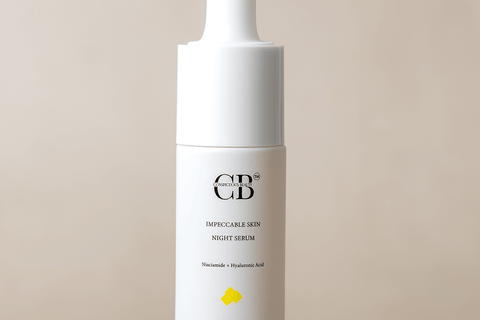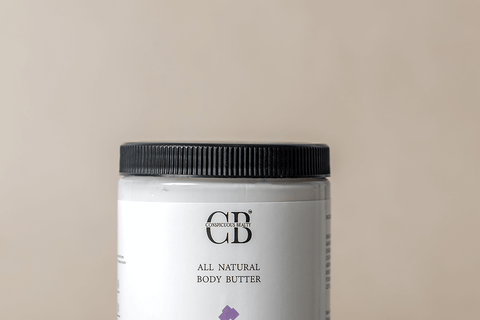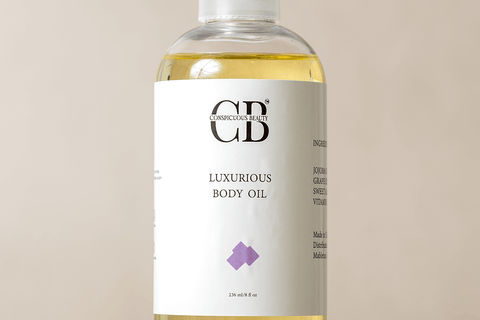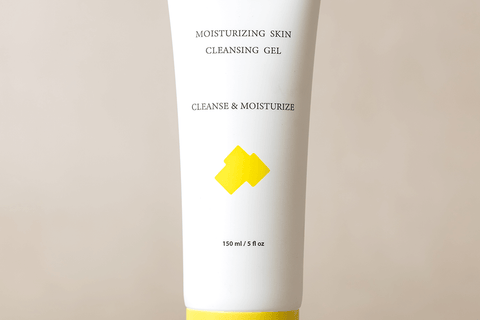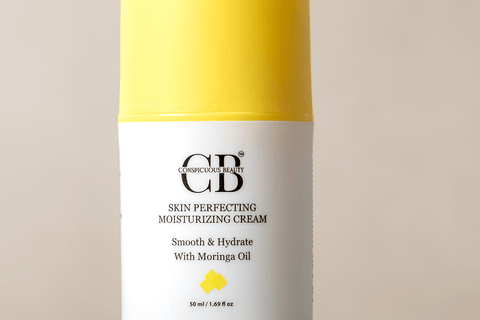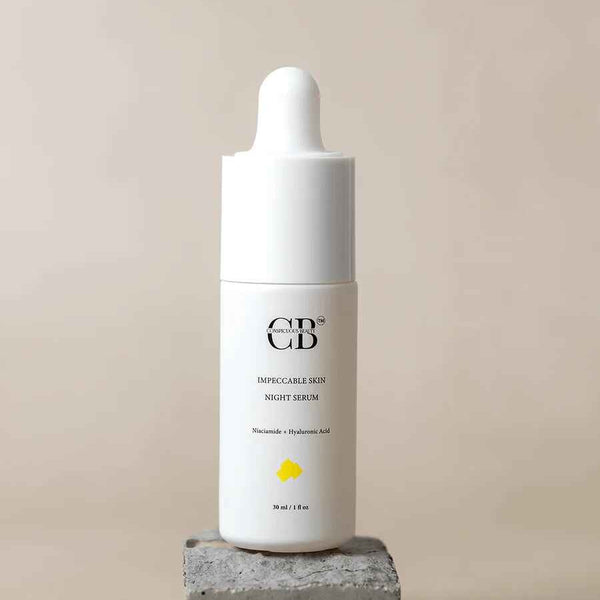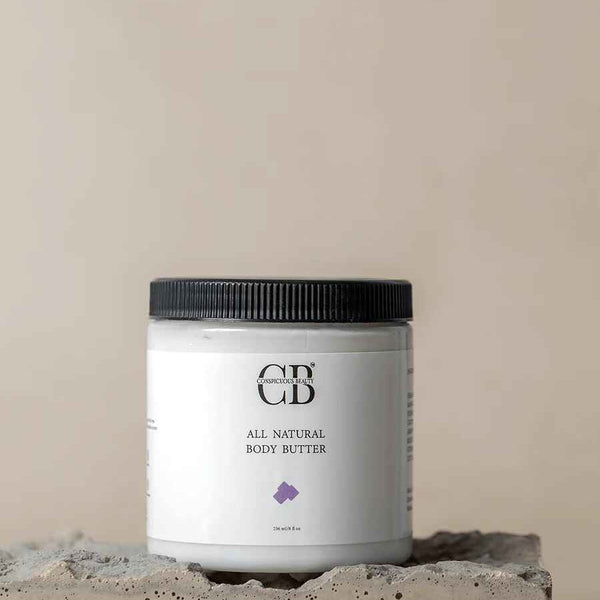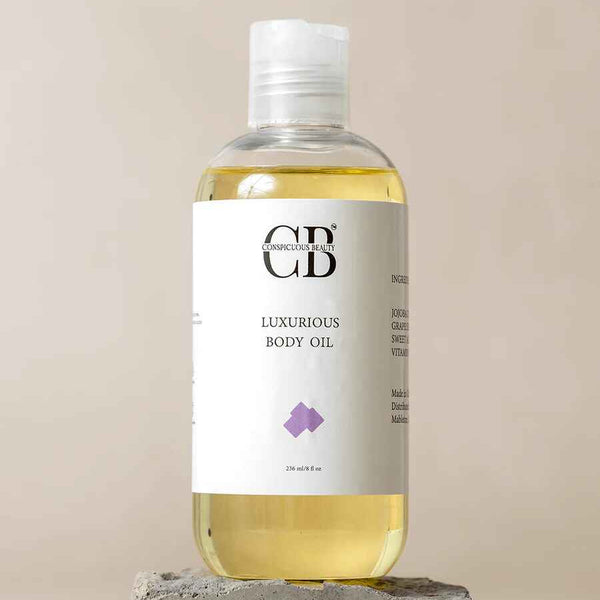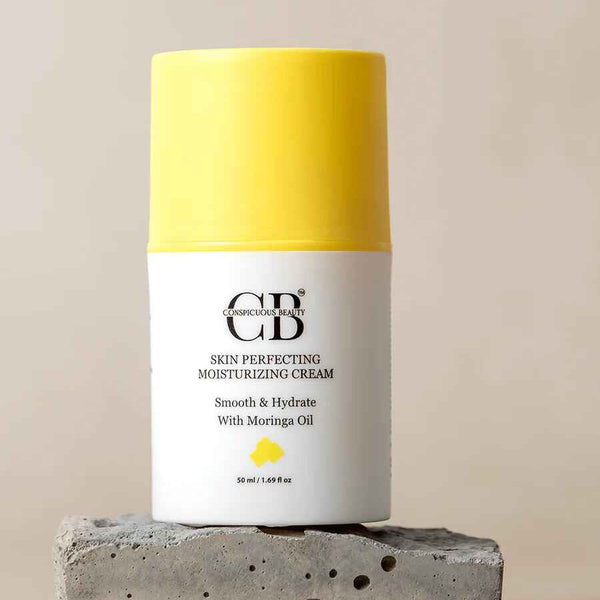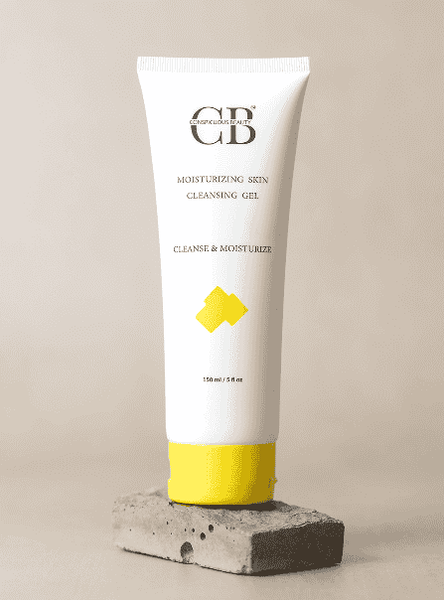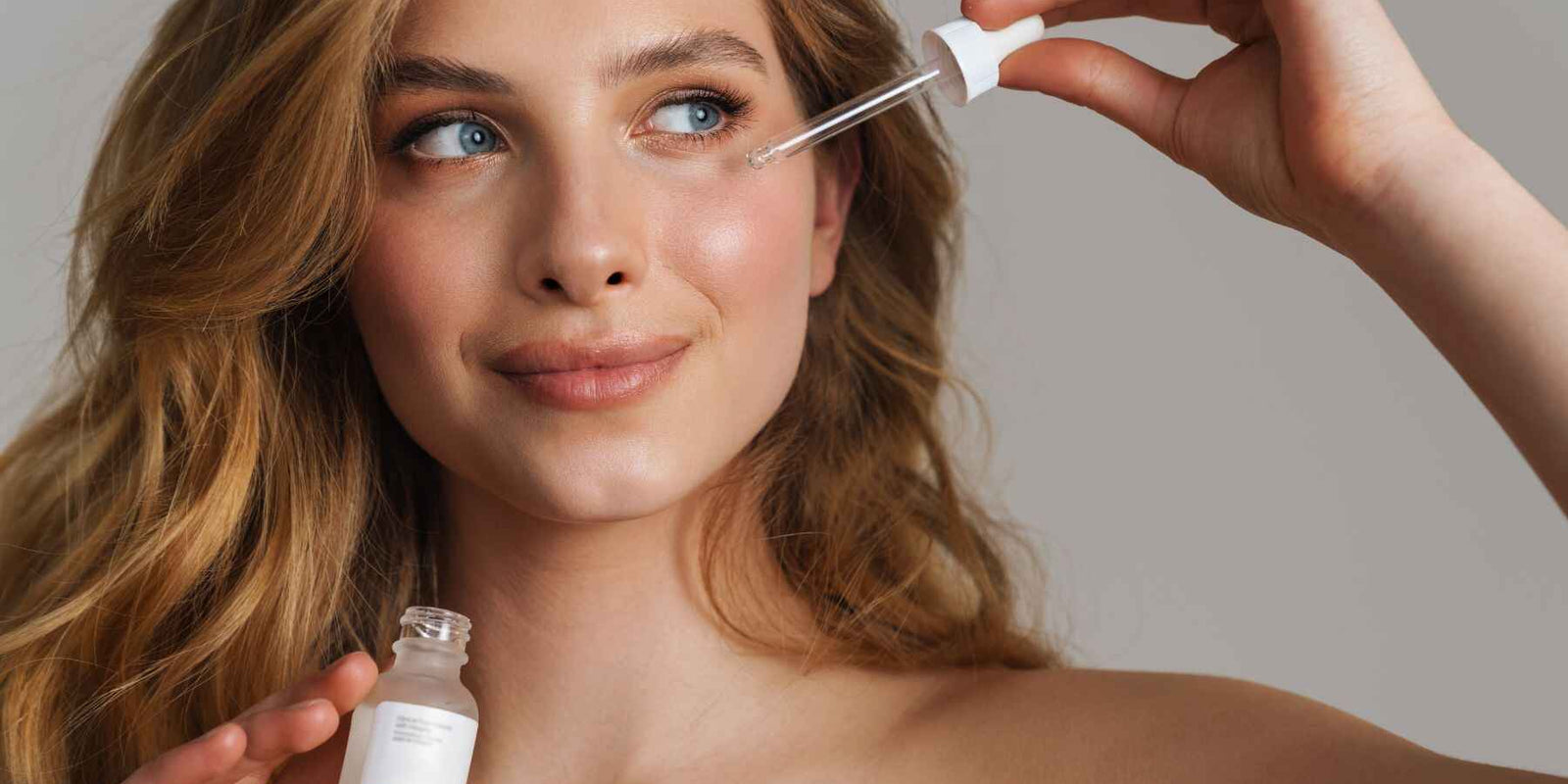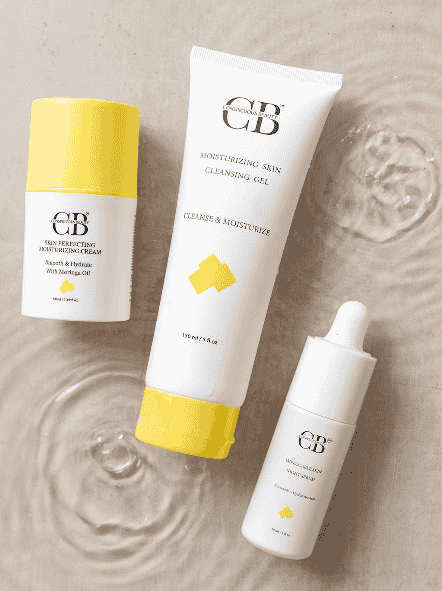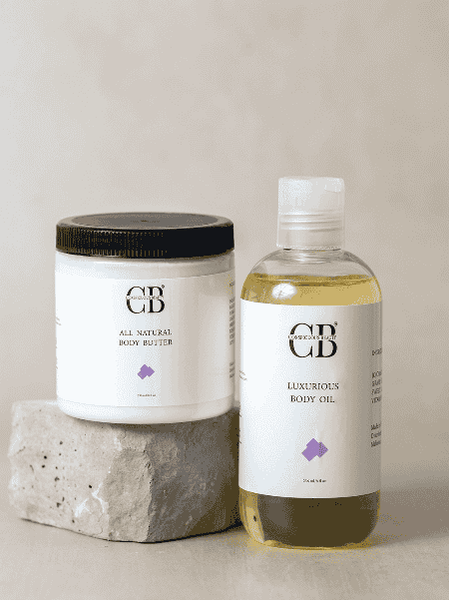Hyperpigmentation is one of the most common skincare issues that affects people of all skin tones. It appears as dark spots, uneven patches, or discoloration, usually caused by sun exposure, acne scars, hormonal changes, or aging. For many, these dark spots can be frustrating and affect confidence. As skincare routines have evolved, brightening serums have gained massive popularity for their promise to even out skin tone and give a radiant glow. But do brightening serums really help with hyperpigmentation, or is it just another skincare trend? Let’s look at what they actually do, how they work, and whether they live up to the hype.
What is Hyperpigmentation and Why It Happens
To understand whether brightening serums work, it helps to first understand what causes hyperpigmentation. Our skin color comes from melanin, a pigment produced by cells called melanocytes. When these cells produce too much melanin, certain areas of the skin become darker than the rest. This uneven distribution of pigment is what we call hyperpigmentation.
There are a few main types:
-
Sunspots or age spots: Caused by long-term sun exposure.
-
Post-inflammatory hyperpigmentation (PIH): Appears after acne, cuts, or skin irritation.
-
Melasma: Often triggered by hormonal changes, like pregnancy or birth control pills.
No matter the cause, most people want a way to fade these dark areas without damaging their skin. That’s where brightening serums come in.
What Are Brightening Serums
Brightening serums are lightweight skincare products designed to reduce dark spots, even out skin tone, and enhance natural radiance. Unlike heavy creams, serums are packed with concentrated active ingredients that penetrate deeper into the skin. They work to slow down excess melanin production and encourage skin renewal, helping fade discoloration gradually.
The best part is that they can be used by almost anyone, regardless of skin type. Whether you have oily, dry, or combination skin, there’s likely a brightening serum that suits your needs.
How Brightening Serums Work on Hyperpigmentation
Brightening serums target hyperpigmentation in a few key ways:
-
They control melanin production by inhibiting enzymes that cause overproduction.
-
They speed up skin renewal so dark, damaged skin cells are replaced faster.
-
They protect against free radicals that worsen discoloration and dullness.
-
They improve skin hydration and texture, making the overall complexion appear brighter and healthier.
While they don’t erase pigmentation overnight, consistent use over several weeks or months can bring visible improvement.
Top Ingredients That Make Brightening Serums Effective
Not all brightening serums are the same. Their power comes from the ingredients they contain. Here are some of the most effective and dermatologist-approved ingredients to look for:
Vitamin C
A hero ingredient in brightening products, Vitamin C helps block melanin production and fade dark spots. It also protects skin from sun damage and pollution while boosting collagen, making skin look youthful and firm.
Niacinamide (Vitamin B3)
Known for its calming and brightening effects, niacinamide helps reduce dark spots and uneven tone while improving the skin barrier. It also helps with oil control and redness, making it ideal for acne-prone skin.
Alpha Arbutin
A gentle yet powerful ingredient, alpha arbutin lightens dark spots by slowing melanin activity. It’s effective but less harsh than hydroquinone, a prescription skin-lightening agent.
Kojic Acid
This natural compound, derived from mushrooms, works by blocking the enzyme responsible for pigment production. It’s great for reducing visible sun damage and acne scars.
Licorice Root Extract
A natural brightener, it reduces inflammation and helps lighten dark patches caused by sun exposure or acne. It’s safe even for sensitive skin.
Tranexamic Acid
Once used to treat wounds, it’s now famous in skincare for treating melasma and stubborn pigmentation. It helps calm inflammation and fades dark patches effectively.
Retinol (Vitamin A)
Retinol encourages skin cell turnover, which helps shed pigmented cells faster. It also stimulates collagen production, improving overall skin texture. However, it should be used carefully since it can cause irritation in sensitive skin.
Hyaluronic Acid
Though it doesn’t brighten directly, hyaluronic acid hydrates the skin deeply, allowing other ingredients to work more effectively. Well-hydrated skin looks plumper, smoother, and naturally radiant.

How to Use Brightening Serums for Best Results
Brightening serums work best when used correctly and consistently. Here’s how to use them in your daily skincare routine:
-
Cleanse your face gently to remove dirt, oil, and makeup.
-
Apply toner (optional) to balance your skin’s pH level.
-
Use a few drops of serum and gently pat it into your face and neck. Avoid rubbing too hard.
-
Wait a few minutes for the serum to absorb before applying moisturizer.
-
Always apply sunscreen during the day, as many brightening ingredients can make your skin more sensitive to sunlight.
Using sunscreen is especially important because sun exposure can undo all the hard work your serum does.
How Long It Takes to See Results
Brightening serums don’t produce instant results. Most people notice small changes in two to four weeks, with more visible improvements after six to eight weeks. Patience and consistency are key. Stopping too early or skipping applications can slow down progress.
Who Should Use Brightening Serums
Anyone dealing with dark spots, dullness, or uneven skin tone can benefit from brightening serums. They are suitable for both men and women, and for most skin types. If you have sensitive skin, look for formulas labeled as gentle or fragrance-free. For those with oily or acne-prone skin, lightweight serums that don’t clog pores are best.
Do Brightening Serums Really Work
Yes, brightening serums can help with hyperpigmentation — but they aren’t miracle cures. They work best when combined with good skincare habits. If your pigmentation is mild, a serum alone may be enough to even out your tone. However, for deeper pigmentation like melasma, you may need additional treatments such as chemical peels or laser therapy under professional guidance.
The effectiveness also depends on consistency. Using a serum once or twice won’t do much. It’s the daily, long-term use, along with sunscreen, that brings results.
Choosing the Right Brightening Serum for Your Skin
The best serum for you depends on your skin type and the type of pigmentation you have.
-
For sensitive skin, look for niacinamide or licorice-based serums.
-
For oily skin, Vitamin C or alpha arbutin-based serums are ideal.
-
For dry skin, serums with hyaluronic acid and Vitamin E provide extra moisture.
-
For stubborn melasma, tranexamic acid or kojic acid serums may work best.
Always do a patch test before using a new serum to make sure your skin tolerates it well.
Conclusion
So, do brightening serums help with hyperpigmentation? The answer is yes — when used correctly and consistently, they can make a visible difference. They work by reducing excess melanin, renewing skin cells, and preventing new dark spots from forming. While results take time, brightening serums are a safe and effective way to achieve a clearer, more even complexion.
To get the most out of them, choose the right serum for your skin, use it daily, and never skip sunscreen. Combine this routine with a healthy lifestyle and patience, and you’ll notice that those stubborn dark spots start fading, leaving your skin brighter, smoother, and more confident than before.
